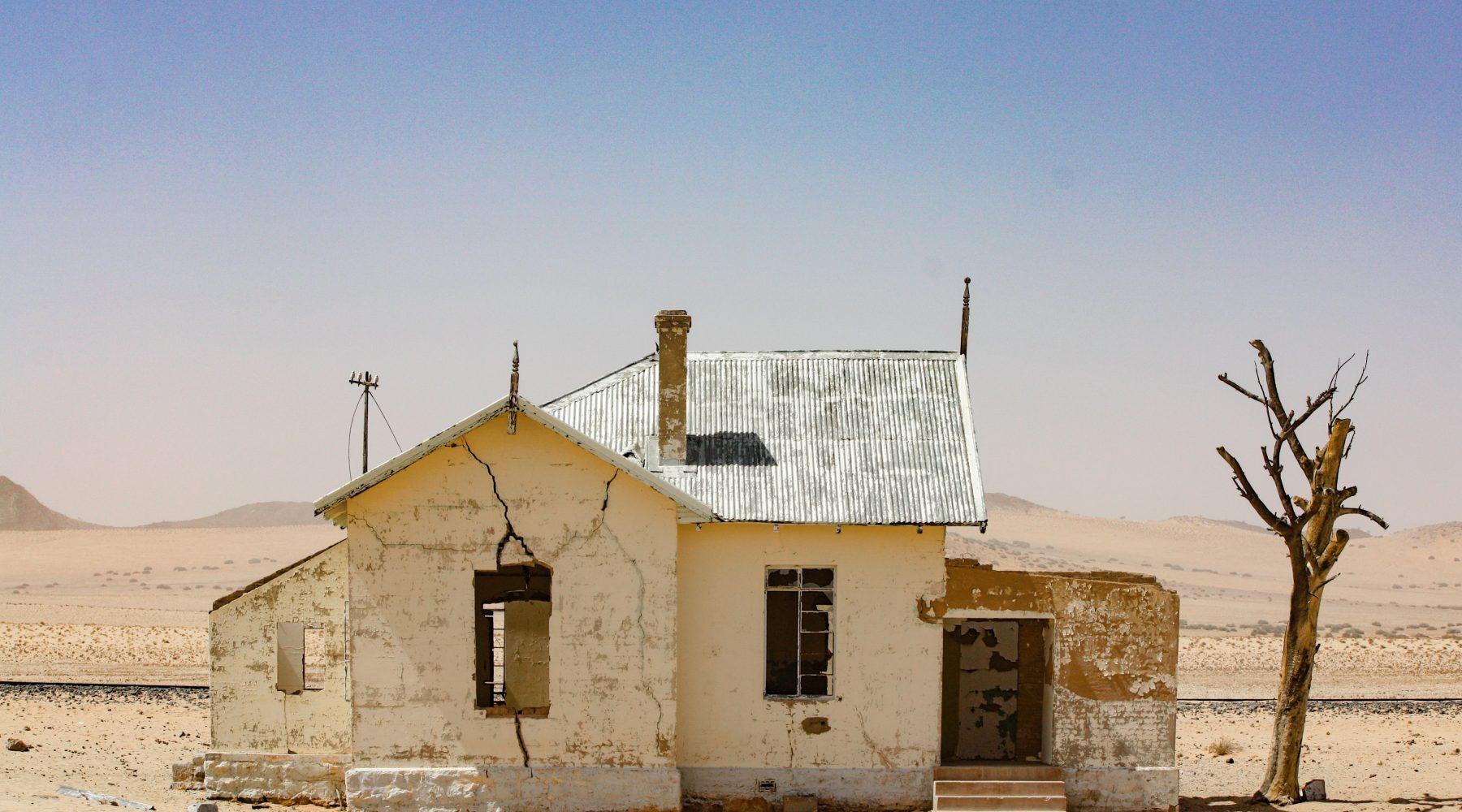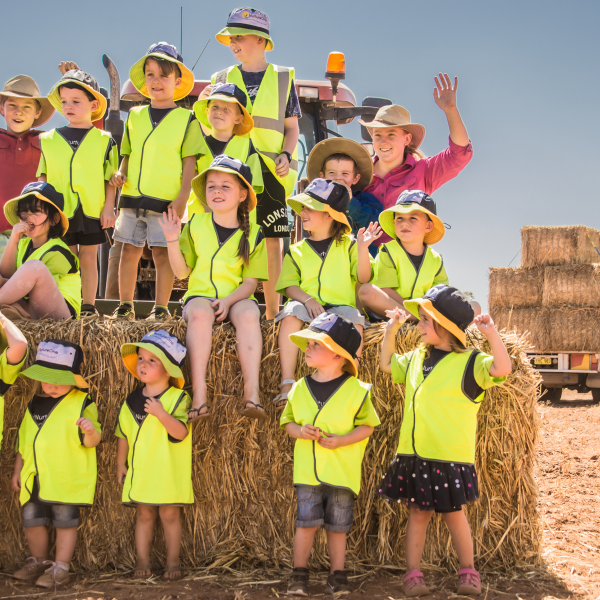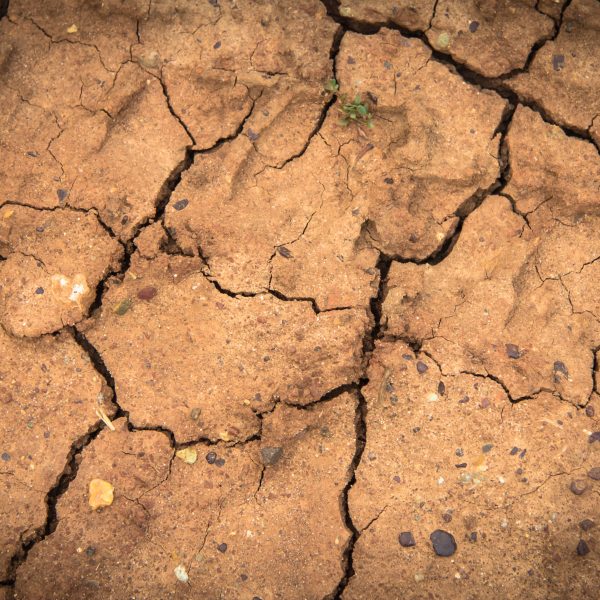Children living with drought need additional support, says UNICEF Australia

Children and young people living in drought affected New South Wales have told UNICEF Australia that the natural disaster has meant they have had to prematurely “grow up”, outlining the challenges they face in balancing farm work and their education, while managing escalating stress levels and other psychological outcomes.
The prolonged nature of the drought means there are different impacts on children compared with their peers who have experienced natural disasters such as flooding and bushfires, UNICEF Australia Senior Policy Advisor, Oliver White said, adding that it was “easy to overlook the fact that vast swathes of inland Australia, and the people who live there, are still suffering through devastating prolonged drought,”
Mr White said that whilst there have been many initiatives implemented over time to assist the communities and the adults who run the farms, there was little insight into the impact of drought on children and young people.
UNICEF Australia sought advice from organisations in regional New South Wales, before visiting drought affected rural communities in Gunnedah, Narrabri, Walgett and Tamworth to conduct consultations with children from rural and farming families.
The resulting report, In their own words: the hidden impact of the prolonged drought on children and young people was released this week.
During the consultation process, children and young people explained the impact of prolonged and intense drought on their parents and families, saying they felt a need to “step up” and assist, and that their education and home life was affected.
“These young people and children talked about, for example, not only having to cope with euthanising extremely sick and distressed farm animals, but in some cases of having to do it before school, then having to come home and bury them afterwards,” Mr White said.
“They talked about the way rest, health, recreation and socialising begins to take a back seat to getting the farm through the drought – as well as the way every aspect of the drought so often impacts negatively upon their ability to successfully pursue their education.”
A key aspect which shone through the responses given by the children and young people was a sense of community responsibility, and as a result, an “evident need for dedicated psycho-social support” which involved including community members, especially children and young people, in identifying solutions.
“These young people care deeply about and are abundantly aware of, the trauma their parents are going through. At the same time, they are operating with the overarching attitude that they shouldn’t talk about their own psychological reactions and concerns because ‘it is always worse for someone else’,” Mr White said.
“We found that they have been put in the position of having to make very adult decisions about their lives, their parents’ lives, their family’s farms and businesses – these decisions, their insights and solutions are based upon real, lived experience, have clarity and offer valuable contributions.”
During the consultation period, UNICEF Australia also spoke with a cross-section of community members, finding that concerns for the wellbeing of children and young people in the drought was strong, with some community members lamenting that some of the children had “lost their childhoods”
The report makes nine recommendations to Federal, State and Territory Governments about strengthening the coping skills and resilience of children and young people, supporting families and parents, and improving the focus on children and youth in the design and delivery of Government drought responses and services.
UNICEF Australia CEO, Tony Stuart, said the project was initiated as part of the UNICEF mandate to be a voice for children, and to ensure a fair chance for every child.
The report, and resulting recommendations, may be accessed here.
Popular

Workforce
Policy
Quality
Practice
Provider
Research
ECEC must change now, our children can’t wait for another inquiry
2025-07-02 07:47:14
by Fiona Alston

Practice
Provider
Quality
Workforce
Leading with Curiosity: How distributed leadership is redefining the future of early childhood education
2025-07-03 07:42:07
by Contributed Content

Events News
Workforce
Marketplace
Practice
Quality
Provider
Research
An exclusive “Fireside Chat” with ECEC Champion Myra Geddes
2025-07-01 11:25:05
by Fiona Alston













